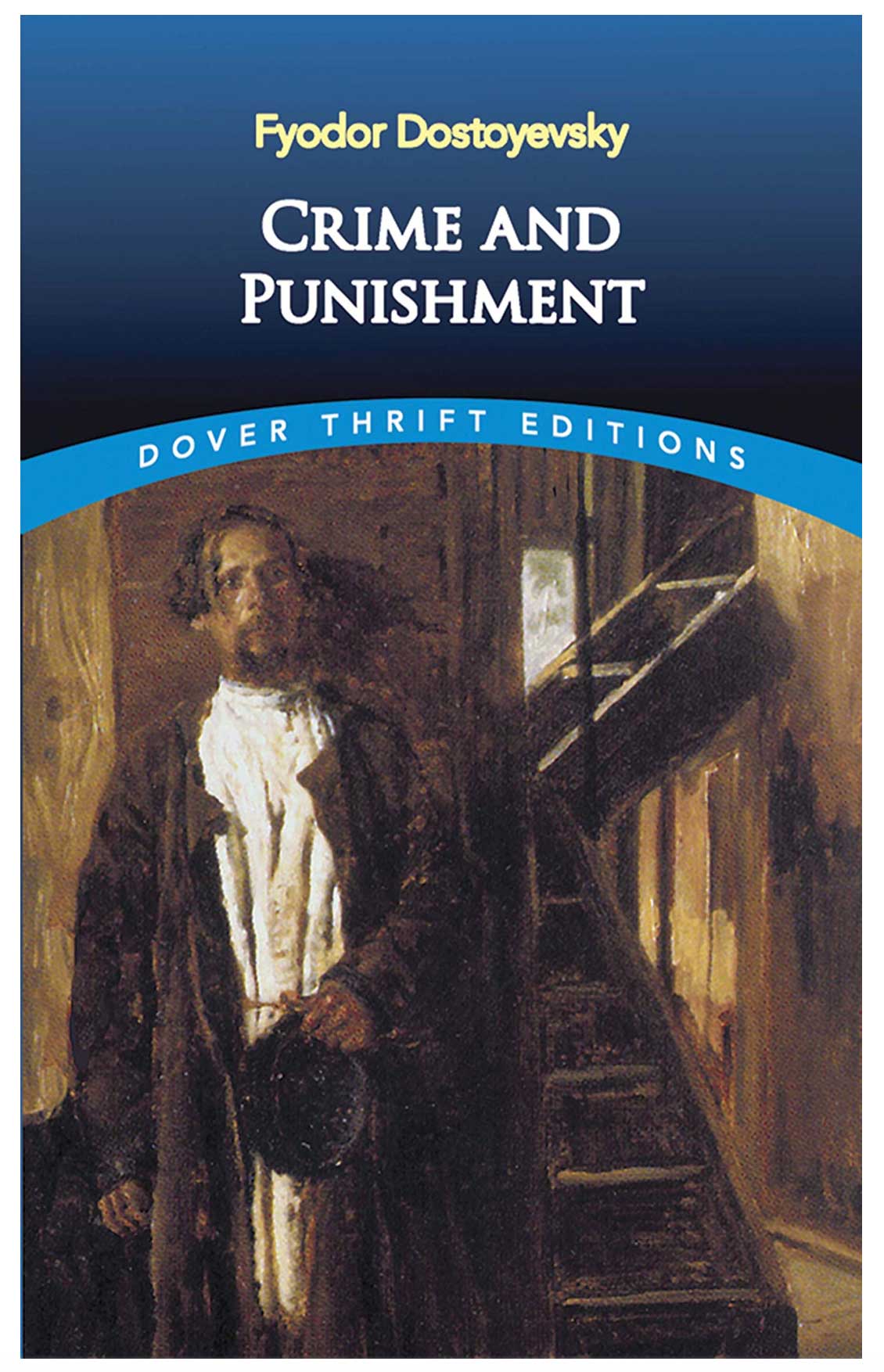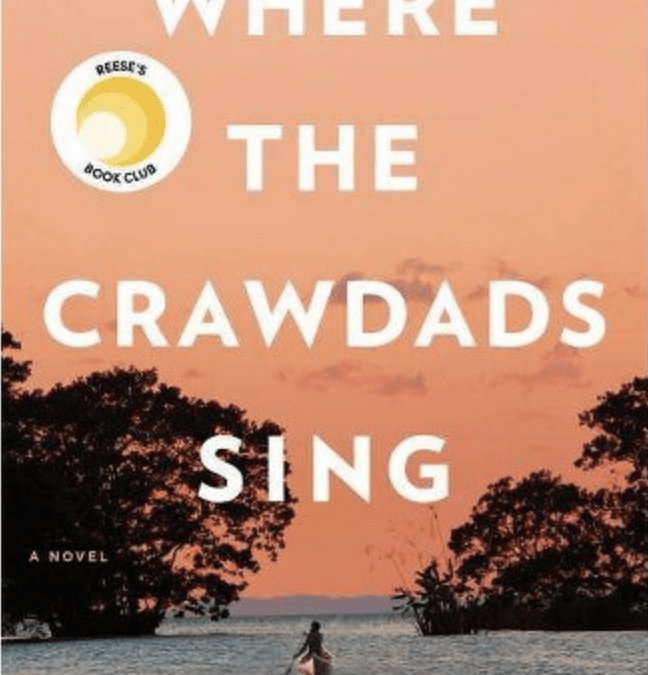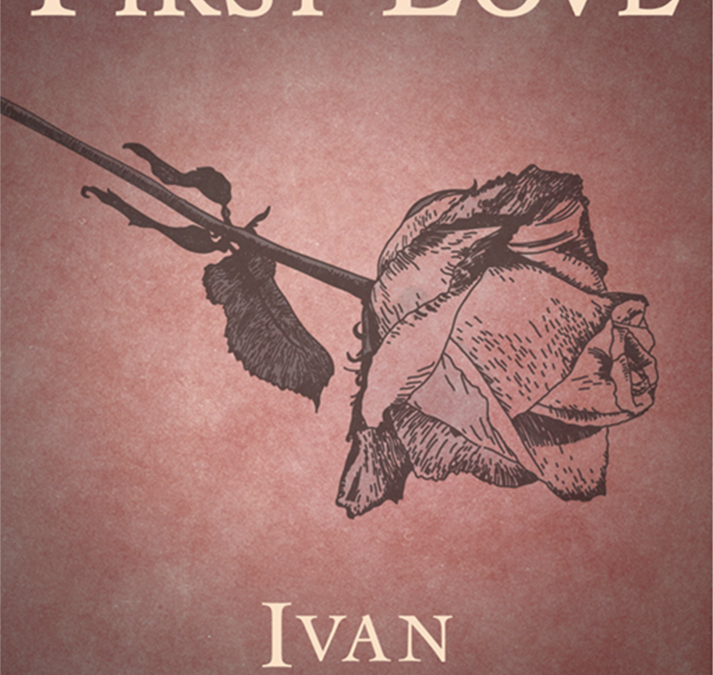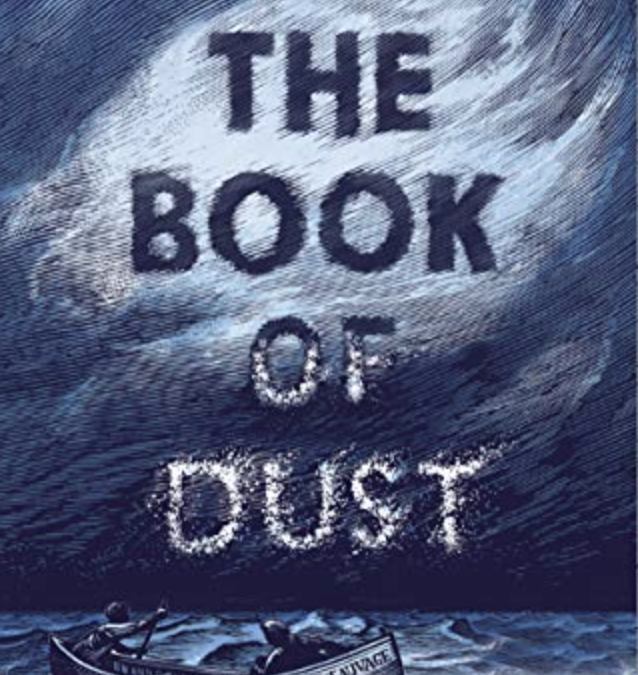Crime and Punishment Snares Readers
Reading Dostoevsky’s classic novel Crime and Punishment wrung me out and left me out to dry emotionally.
Drained me like leaving a gizmo in your car’s cigarette lighter and leaving the car overnight. I did not sense the book taking so much out of me until I finished and tried to read something else.
Crime and Punishment Spoilers
In Crime and Punishment, Raskolnikov does not want his sister to marry Luzhin, but his yearnings run deeper. He learns in the end, in the very, very end that his pride and separation from society aren’t what he has chalked it up to be. In the end … I will leave those points for you to discover on your own.
My own novel writing improved by reading.
I am not writing the follow-up to a Dostoevsky novel. But few things have helped my writing more than reading.
Now that I’m revising, and looking at what I have written before, I am embarrassed by my pages.
What I submitted to agents and said, “This is ready!” was not there at all. I see that now.
I’ve learned something important.
Reading while writing is critical. As writers, we improve every day.
Anne Lamott says she gets asked by students, “How do you get better at writing?”
She says the best way to show students, and it often makes them frustrated, is to pick up a yellow writing pad, pretend she has a pen in her hand and pretends to write on the page.
That’s how you become a better writer. You write. But just as important, you read. And read. And read. And read. And write some more.
How to make your drafts more interesting and read better.
You revise. And revise. And revise. That doesn’t mean you change a comma here, and a word there. Fixing the spelling on your pages is editing, it’s not revising.
No, you reimagine what you’re trying to say. Often I come up with something else entirely.
That’s revision.
Jen Manuel, who offers stellar courses on revision, encourages her students to “Re-Imagine” their works. I encourage you to check them out. (Not an affiliate link or paid suggestion.)







0 Comments